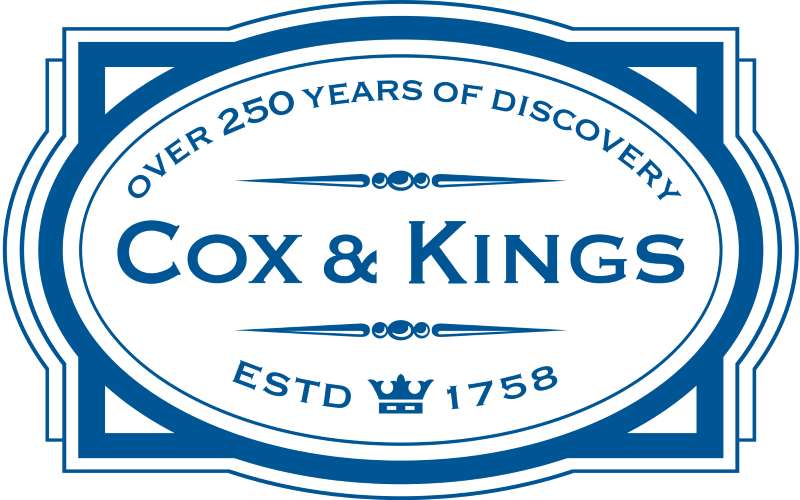Mumbai: Apart from the general weakness in the financial markets at present, sharp fall in some prominent stocks have caught the retail investors by surprise.
Traders have resorted to panic selling, often at rates even less than a rupee, some over reports of allegations of fraud and others over poor corporate governance or fast dwindling financials.
Such companies even saw the Foreign Investors lowering there bets on them over a period of time.
One such stock, Cox & King, turned out to be the biggest wealth destroyers in the past year.
The travel company stocks saw an erosion of over 98 per cent of its share value in barely an year, amid rating downgrades and a series of defaults on payments towards maturity of Commercial Papers (CPs).
CARE Ratings downgraded ratings of the company, stating that the rating strengths are tempered by exposure of the company’s travel business to macro-economic factors prevailing in the markets to which it caters and the fragmented nature of the domestic travel industry.
Brickwork Ratings took into account the continued high levels of pledge shares by the promoters and low market capitalization while downgrading the ratings.
Cox and King’s stock price fell to Rs 3.10 apiece on September 11, its lowest ever from a high of Rs 223.40, last year and selling is still witnessed at this level.
Foreign Portfolio Investors (FIIs) holding in Cox and Kings decreased by 3.24 per cent in June quarter. The number of FIIs holding stake in the company has decreased to 99 from 103.
Scrip prices of Gym and fitness chain, Talwalkars Better Value Fitness fell off the cliff from Rs 65.50 apiece an year back to Rs 5.51 on September 11 over violation of SEBI and exchange regulation.
Besides, it failed to pay the annual listing fees.
The 25 year old Yarn maker, Spentex Industries which is now reduced to Rs 0.73 apiece is still witnessing selling over such levels.
The company was caught up in major financial troubles since 2015.
Another prominent name that caused massive wealth erosion was Yes Bank. The private lender is also one of the most volatile stock on the exchanges.
Yes Bank lost nearly 80 per cent of its share value in the past year, over multiple rating downgrades ever since it logged its first ever quarterly loss.
Besides the stock was punished for having significant stake in the fraud hit CG power.
From Rs 328.95 apiece on September 19, 2018 Yes Bank scripts fell to its 52 week low of Rs 53.15 last month.
DHFL saw its finances dwindle ever-since, investigative news portal Cobra Post alleged that DHFL was involved in a fraud.
It missed paying interest on crores worth of Non-convertible debentures (NCD). Rating agencies were seen downgrading company’s debentures, bonds, commercial paper and other credit instruments.
DHFL lost over 94 per cent of its share value within the span of an year. From Rs 623.65 apiece on September 14 last year, DHFL fell to Rs 37.10, last month to log its 52 week low.
India Bulls Housing Finance, in the last year has too witnessed a significant loss of market cap owing to allegations of misappropriation of fund.
Indian bulls lost over 67 per cent as it slipped from Rs 1,237.75 a share on September 14 to Rs 406.20 apiece earlier in the moth to hit its 52 week low.

